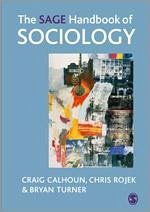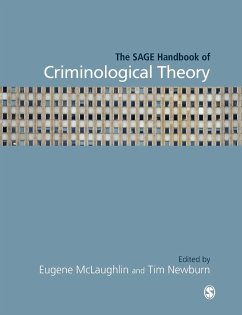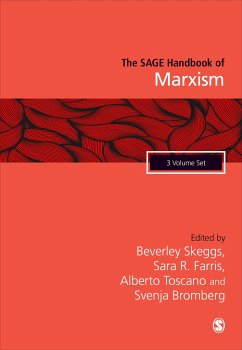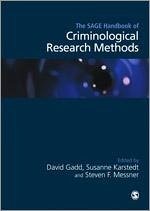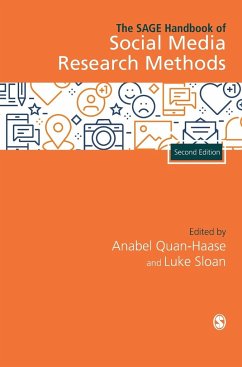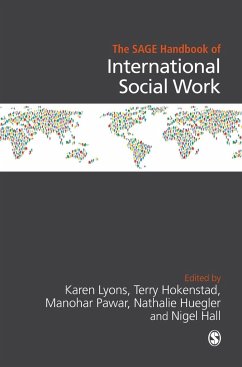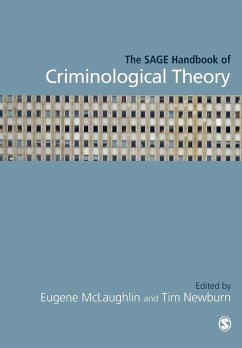Nicht lieferbar
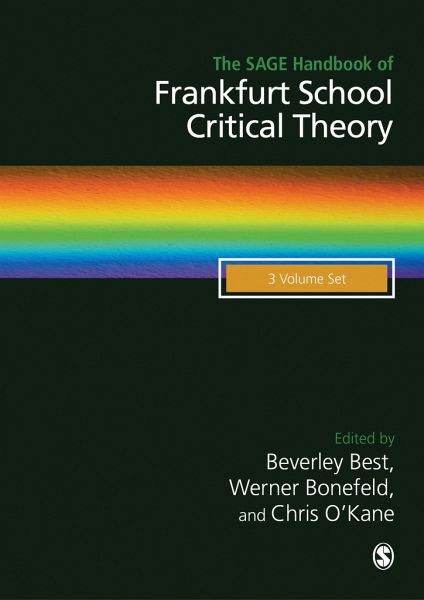
The Sage Handbook of Frankfurt School Critical Theory
The SAGE Handbook of Frankfurt School Critical Theory expounds the development of critical theory from its founding thinkers to its contemporary formulations in an interdisciplinary setting. It maps the terrain of a critical social theory, expounding its distinctive character vis-a-vis alternative theoretical perspectives, exploring its theoretical foundations and developments, conceptualising its subject matters both past and present, and signalling its possible future in a time of great uncertainty. Taking a distinctively theoretical, interdisciplinary, international and contemporary perspec...
The SAGE Handbook of Frankfurt School Critical Theory expounds the development of critical theory from its founding thinkers to its contemporary formulations in an interdisciplinary setting. It maps the terrain of a critical social theory, expounding its distinctive character vis-a-vis alternative theoretical perspectives, exploring its theoretical foundations and developments, conceptualising its subject matters both past and present, and signalling its possible future in a time of great uncertainty. Taking a distinctively theoretical, interdisciplinary, international and contemporary perspective on the topic, this wide-ranging collection of chapters is arranged thematically over three volumes: Volume I: Key Texts and Contributions to a Critical Theory of Society Volume II: Themes Volume III: Contexts This Handbook is essential reading for scholars and students in the field, showcasing the scholarly rigor, intellectual acuteness and negative force of critical social theory, pastand present.






